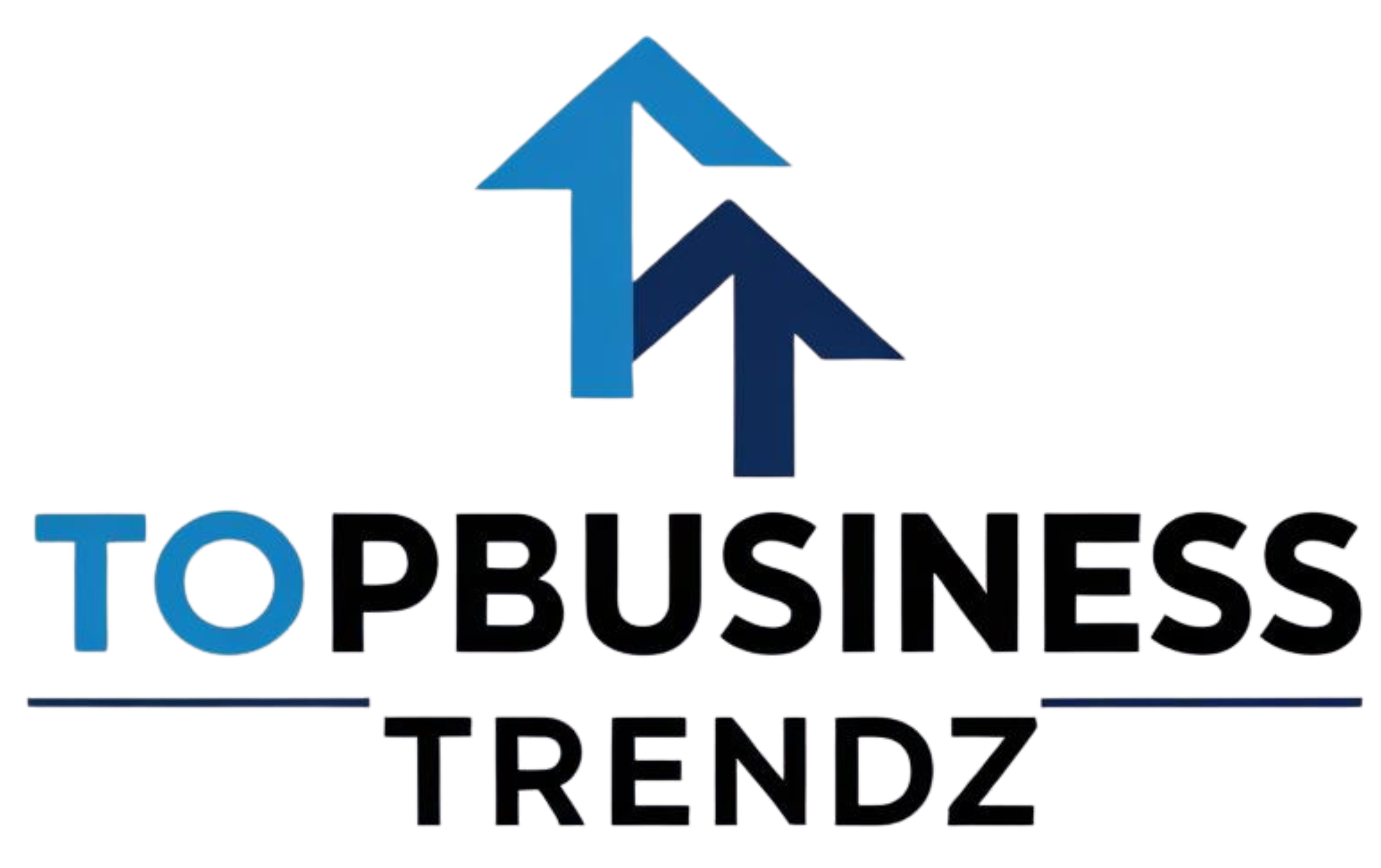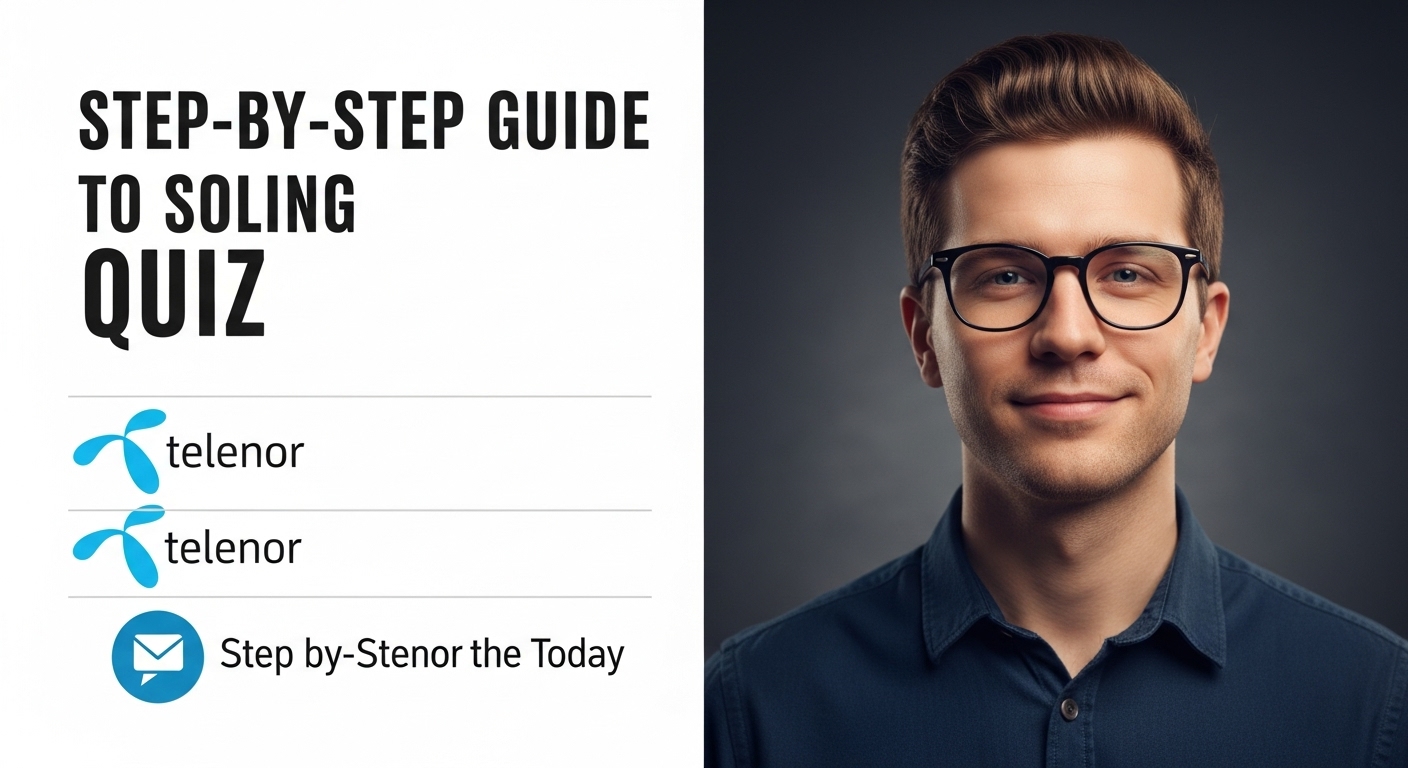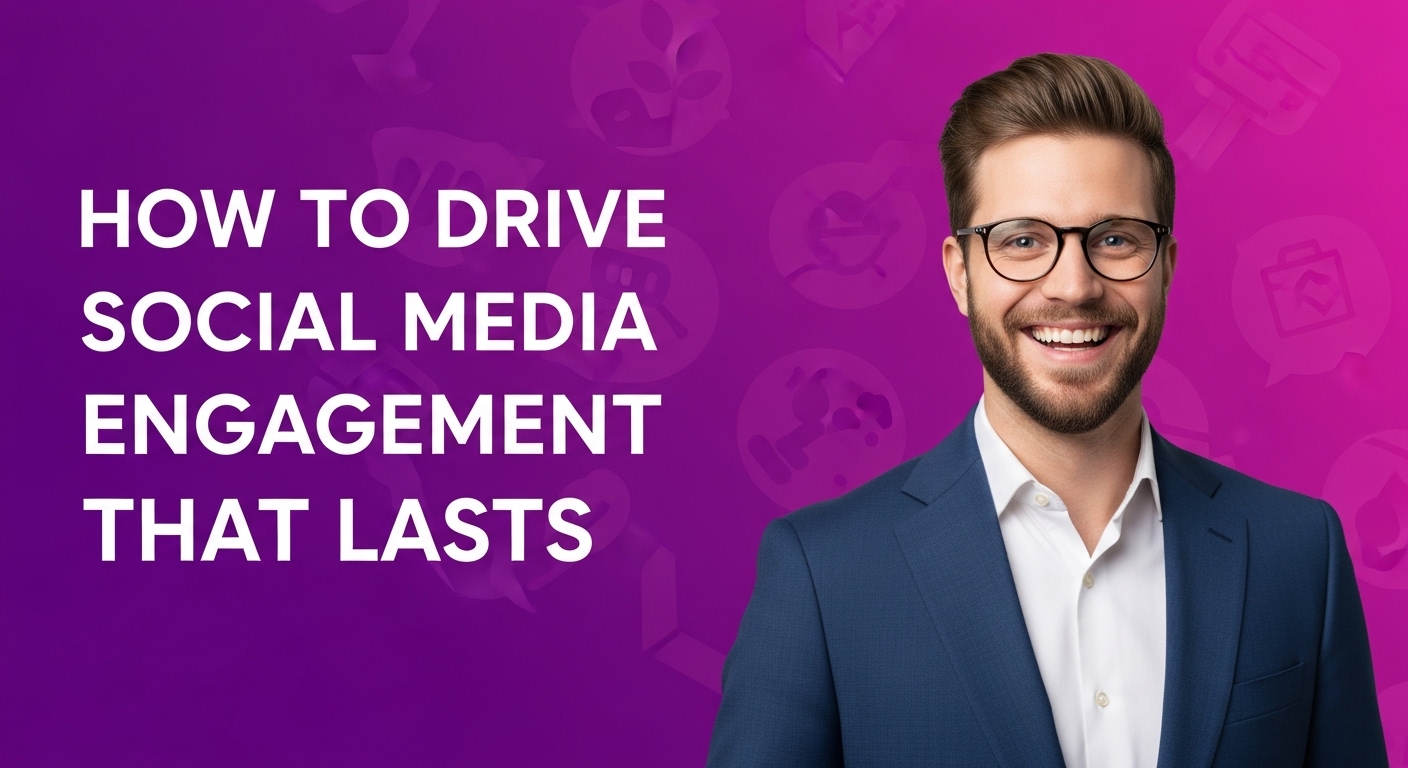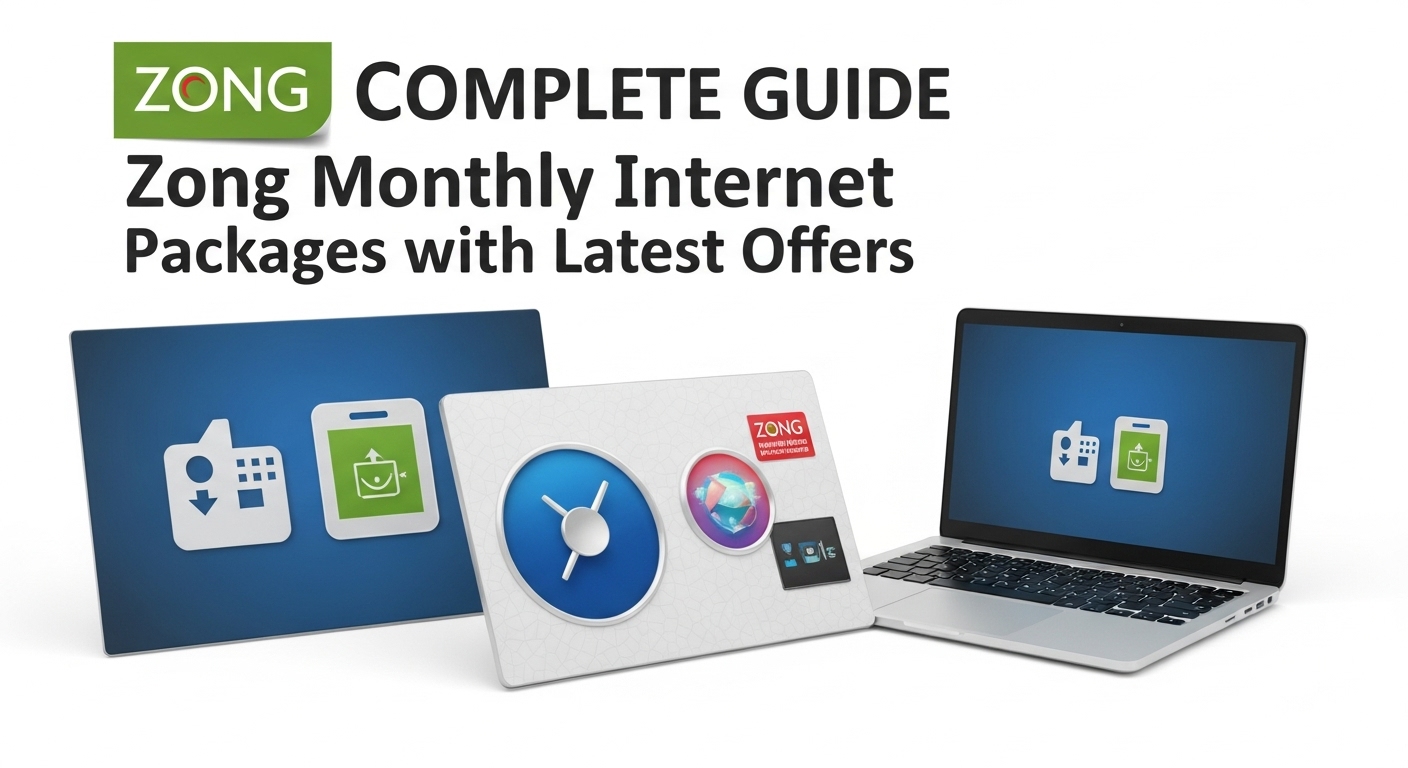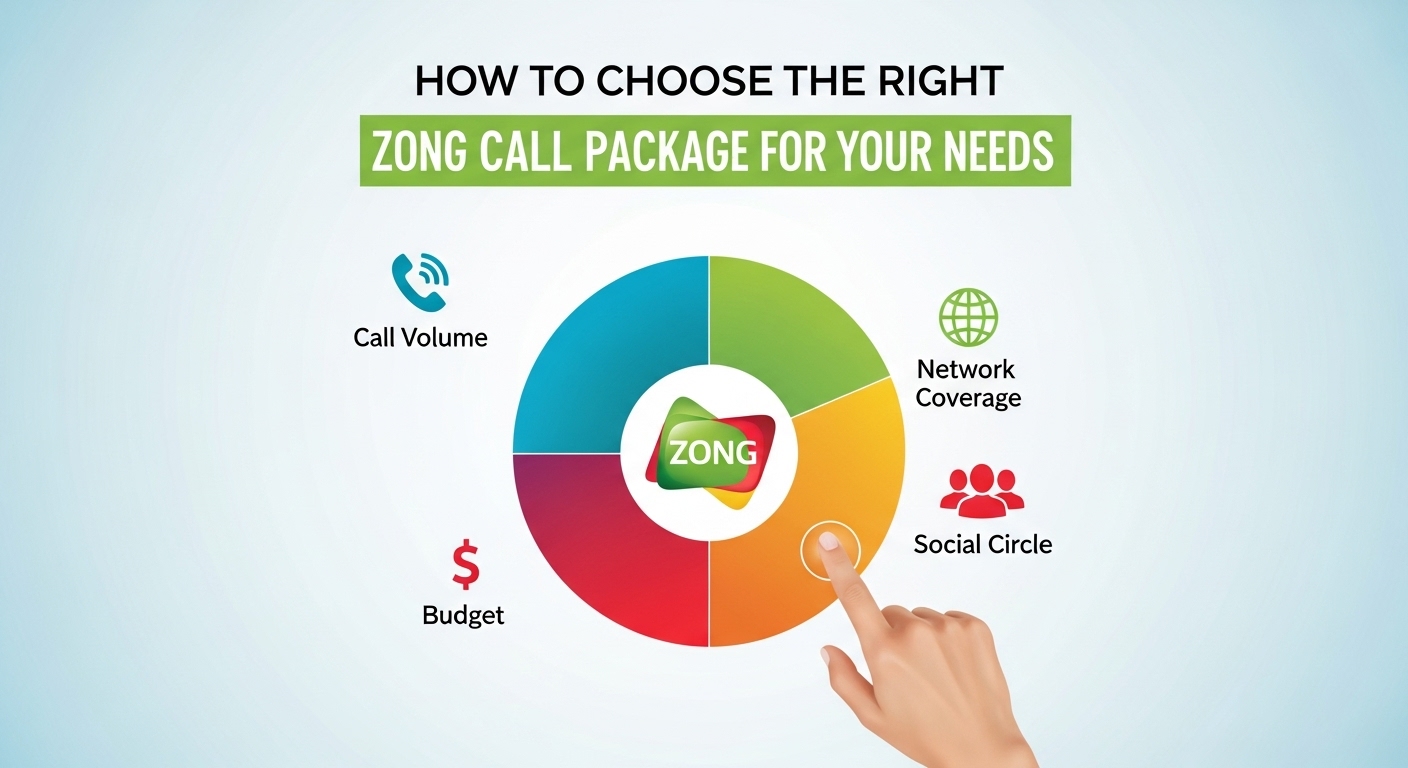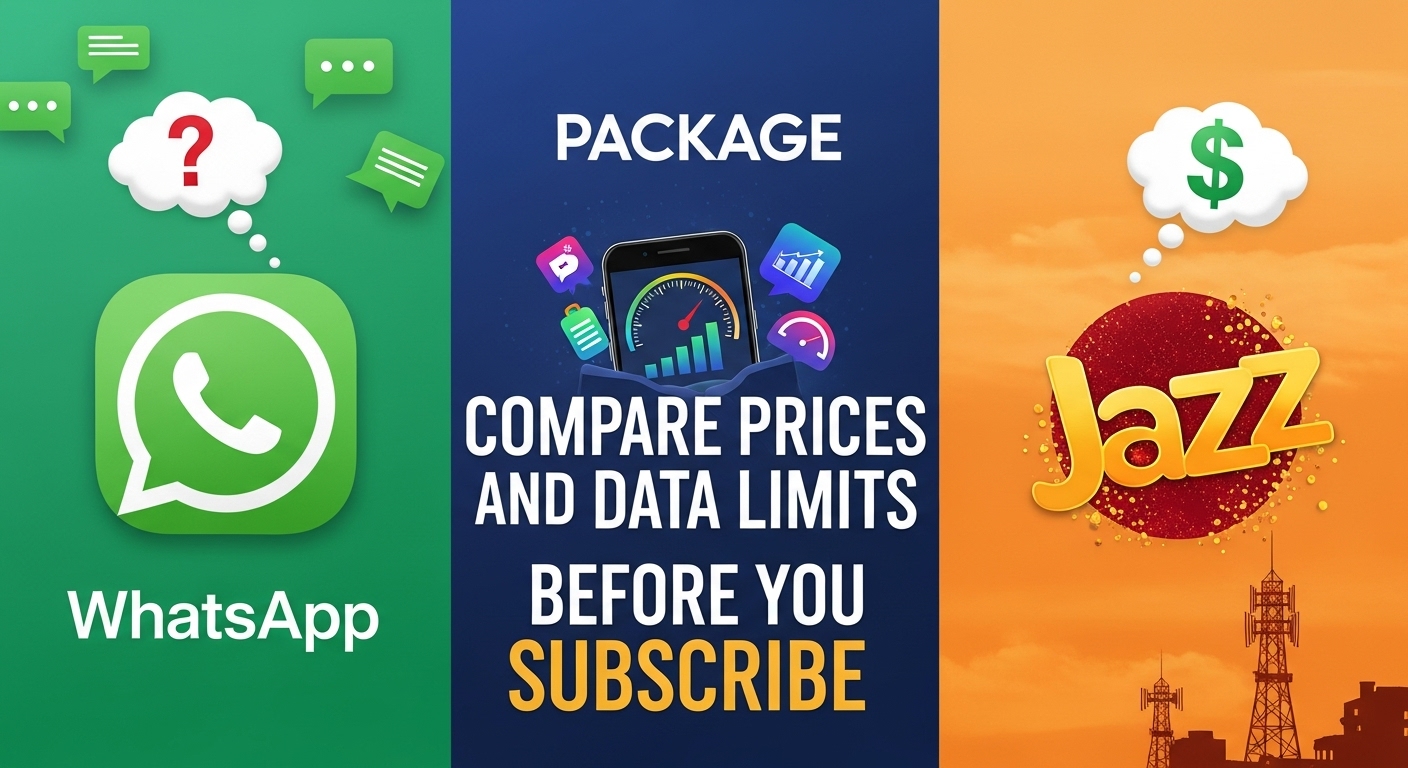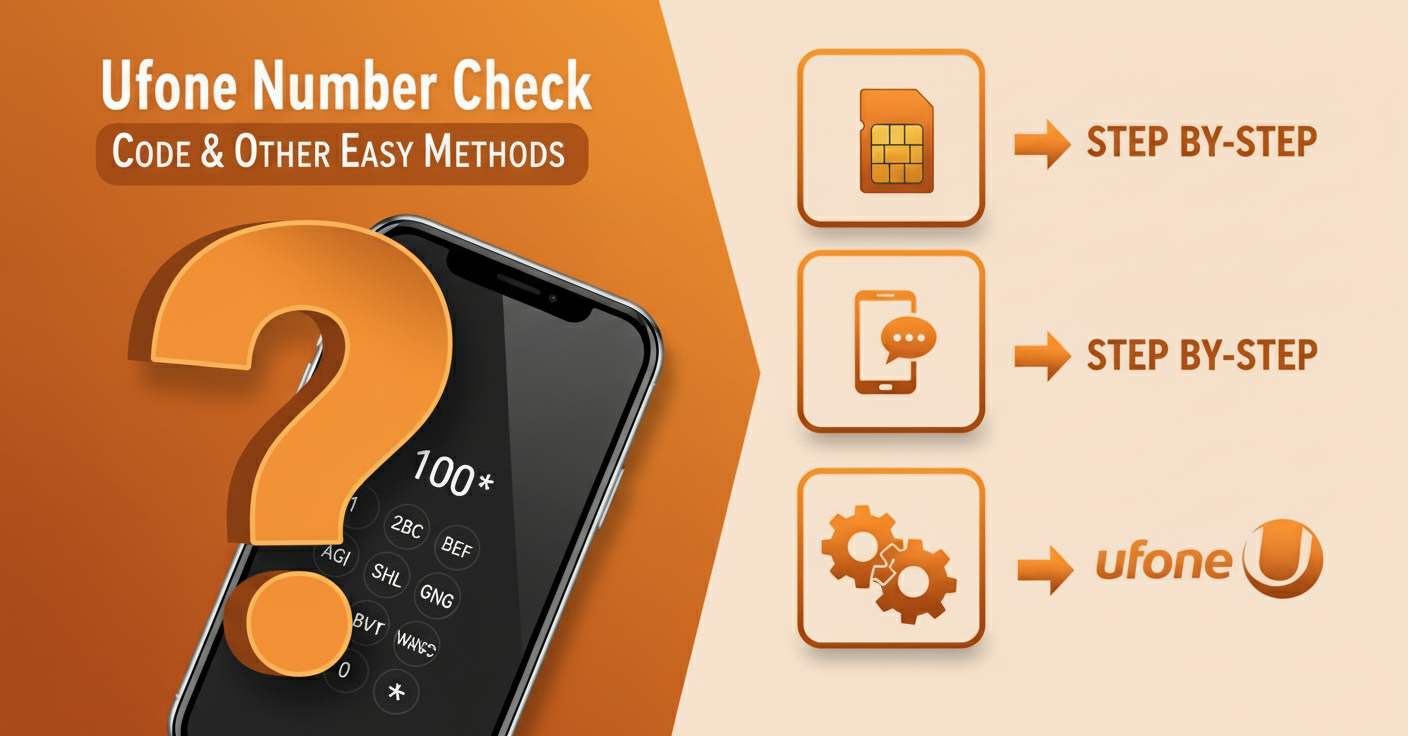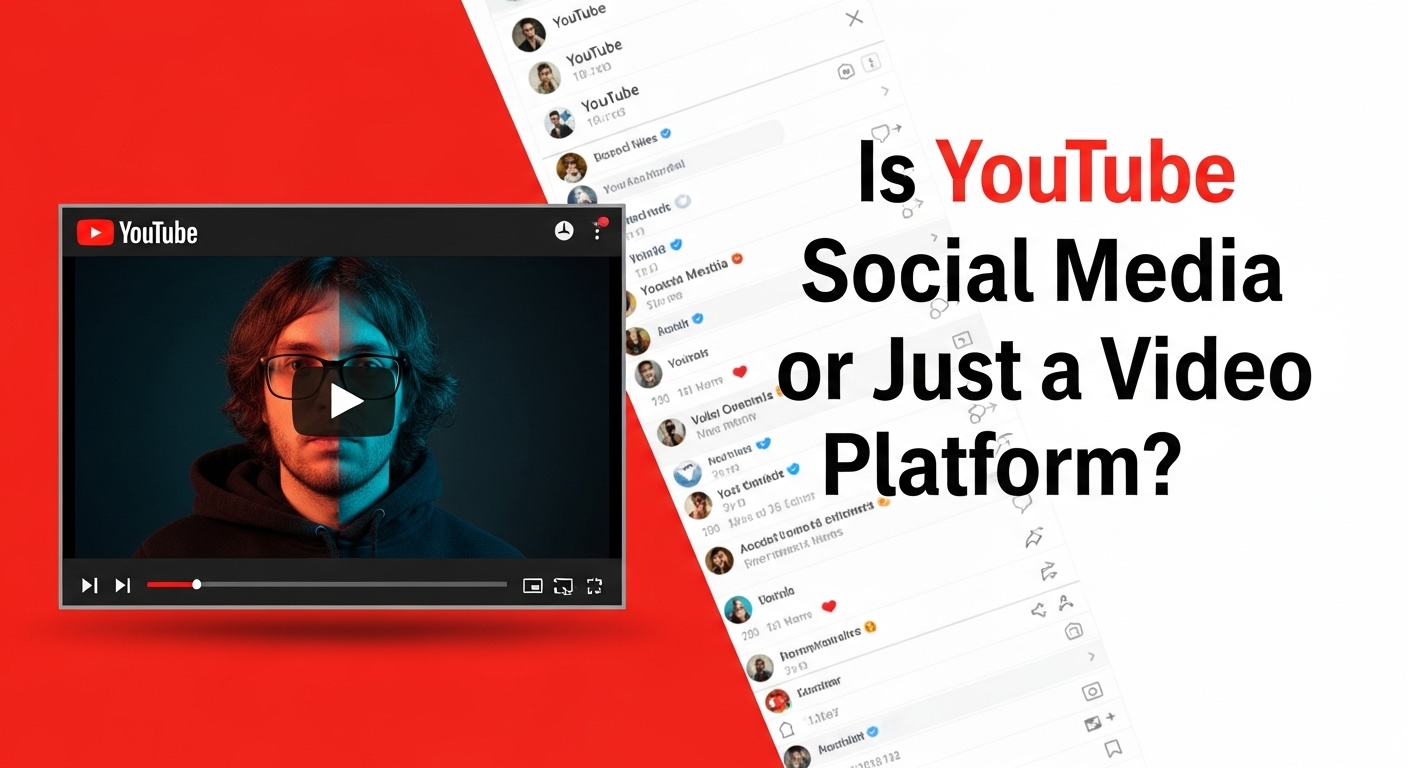
We suppose the majority of us use YouTube. Most likely, you even watched something on it this week—maybe even today. A prank video. A podcast clip. A makeup tutorial. Something random. But then, someone asks the question: Is YouTube social media? And suddenly, it’s not that clear anymore.
To be honest, it hinges on how you are observing it. The definitions, user behavior, how platforms evolve—all that has a say in this. So, I thought I’d just unpack it here the way it actually plays out, without trying to make everything sound perfect or shiny.
What Exactly Is Social Media?
Alright, before we throw YouTube in or out of the “social media” basket, we’ve got to back up a bit. What even is social media?
Most people think social media is just stuff like Instagram or Twitter (or sorry, X). You know, where you share your thoughts, post pics, scroll endlessly, and maybe argue in the comments.
Technically, though, social media is any platform where users create and share content and interact with each other. Doesn’t have to be status updates. Could be photos, videos, stories, short rants, live chats. And that’s exactly where content creators come in—shaping platforms in real time. If you’re curious how they do it (and maybe want to try it yourself), check out our guide on how to be a social media content creator.
How YouTube Works (And Why It’s So Different)
At its core, YouTube is a video-sharing platform. That’s its origin story. Users upload videos. Other users watch them. Simple.
But there’s also:
- Comment sections
- Community posts
- Likes/dislikes
- Livestream chats
- Subscriptions
- Recommendations based on your habits
Sounds pretty social, doesn’t it?
In fact, think about this: How is posting a vlog on YouTube really that different from posting a video to Instagram Reels or TikTok? Functionally? Not that far off. It’s just longer-form and maybe less filtered (sometimes).
And creators on YouTube have huge followings—millions. These aren’t just passive viewers either. They’re fans, commenters, critics. They reply. They share. They interact.
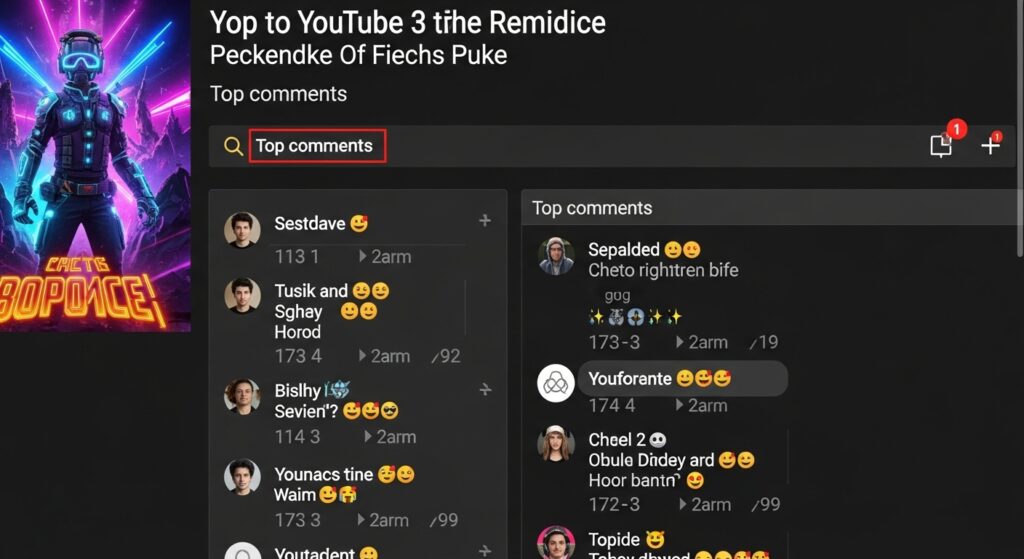
What Makes People Say “No, YouTube Isn’t Social Media”
Some people argue YouTube doesn’t feel like social media.
Because:
– You don’t post your daily life there like Instagram stories.
– There isn’t a profile feed the way Twitter or Facebook works.
– It’s more content-focused than social interaction-focused.
Valid points. The comment section isn’t as central to the experience as the video itself. And let’s be honest—half the comments are chaos anyway.
Also, YouTube’s main value is passive consumption. People don’t always feel like they’re engaging with others when they’re watching a video essay on ancient Rome at 2 a.m.
Still, a lot of those same points apply to TikTok—and no one argues whether TikTok is a social media app. Especially not when TikTok clips are setting off trend spirals, public drama, and full-blown viral mayhem. If you’ve seen the fallout from those moments, you’ll get why we broke it down in the truth behind Influencers Gone Wild clips.
YouTube As a Social Media Platform (Technically Speaking)
If you ask any social media marketing nerd—or just look at a business deck—YouTube’s often listed right alongside Facebook, Instagram, Snapchat, and all that.
That’s because:
- You can build a brand there.
- There’s an algorithm feeding you content based on engagement.
- You can go viral.
- There are influencers and trends.
- Users engage, comment, like, and even DM (with some creators).
So yeah, by the book: YouTube is a social media platform. Whether or not it feels like one. A form of social media that’s based on video? Yes. 100%. A social video platform? For sure. It just leans heavier on content than conversations.
Is YouTube Social Media or Not?
Let’s break this down:
- Is YouTube social media? Depends who you ask, but technically? Yeah.
- Is YouTube considered social media by companies and marketers? Yup.
- Does it behave like other social media platforms? Sorta. Not the same feel, but the same mechanisms.
- Is YouTube a form of social media? Absolutely.
YouTube is a weird hybrid. A content engine. A search tool. A marketing machine. But also? Social.
People comment. Creators engage. Trends blow up. Communities form. Same as any other social platform. Just a bit longer format. A bit more passive. But it’s all still interaction.
So if someone asks, is YouTube a social media site—you could say yes. Or maybe say, “it’s a social media-adjacent video beast with massive influence.” Depends on how spicy you’re feeling.
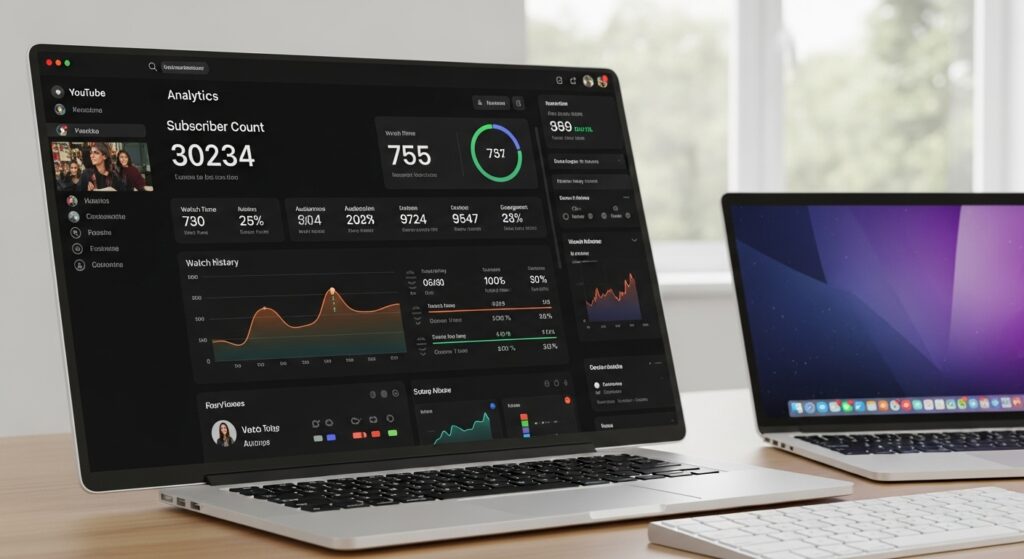
The Creator Side: Why This Matters
Creators want to know: Can I treat YouTube the way I treat TikTok or Instagram? Will the same strategies work? Can I build community? Can I make a living?
Short answer? Yes. Long answer? Maybe even better.
YouTube’s algorithm is more robust than most platforms. Videos have a longer lifespan. You’re not just chasing momentary virality you’re building a content library. That sticks around. And with community posts, memberships, comments, and Shorts it’s extremely social. So if you’re a creator wondering if YouTube is a social media platform you should be on? The answer’s obvious.
Why This Confuses People
It’s mostly about categories. We like to put platforms in neat boxes:
- Facebook? Social network.
- TikTok? Short-form video.
- Reddit? Forum.
- YouTube? Video site.
But the lines are blurry now. Every app copies features from the others. TikTok now has text posts. Instagram has Reels. YouTube has Shorts.
So instead of asking is YouTube a social media app, maybe it’s better to ask what kind of social media is YouTube?
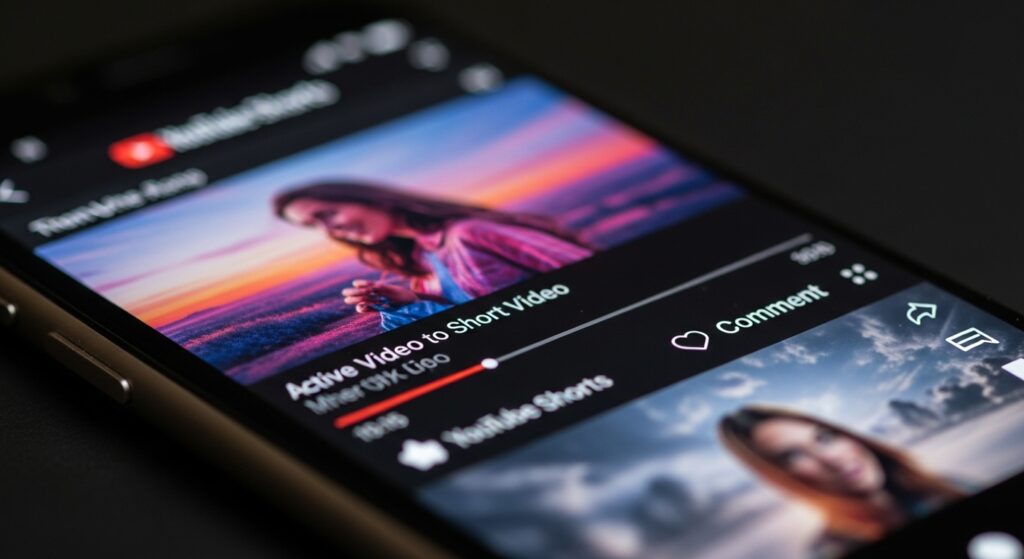
Conclusion
It’s not built the same way as Facebook or Twitter. But it does what social platforms do: connect people, build communities, and let you share stuff with the world. And honestly? That’s enough. Anyway, labels aside, YouTube isn’t going anywhere. Call it what you want—it’s part of the ecosystem.
FAQs
1. Will YouTube be named a social network in 2025?
Yes, currently, most marketing platforms and technological analysts say that YouTube is a social network because of the features like comments, community posts, and Shorts that prompt engagement.
2. What is a major kind of the YouTube platform that differs from the rest of the social networking sites?
The thing that YouTube brings more into usage in getting information out the most is long-form content as opposed to being real-time communication and public engagement. But, on the other hand, it is also a place where viewers and content creators can show each other their appreciation such as through subscriptions, likes, and commenting.
3. Is YouTube foremost a type of social media or an online video streamer?
YouTube is a combination of both. It’s a multi-featured platform that delivers both one-way video watching and two-way social interaction.
4. Does YouTube have the possibility to function as a social media app?
Yes, certainly, going as far as to come with features like Shorts, the chats in the live stream, and the tab of community. In this respect, the community of users is found to make a lot of use of the app.
5. Is YouTube a top social media site? Is it trending?
Dwell time and global percentage wise, YouTube is among the platforms but usually falls 6th and is above TikTok in a few regions. The most current stat shows that it is not www but it still leads in some countries of the world.

John Mike is a digital trends enthusiast and the mind behind this blog. He writes about social media, AI, online earning, and digital business to help readers stay ahead in the online world.
